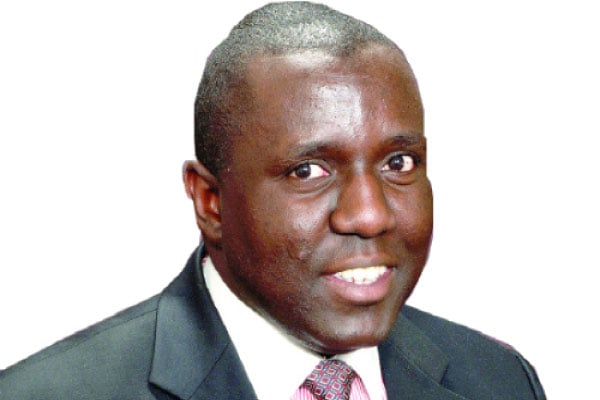Samia Suluhu Hassan, president of the United Republic of Tanzania

Author: Mr Karoli Ssemogerere is an Attorney-at-Law and an Advocate.
Tanzania last week respectfully buried former President John Magufuli in a national outpouring of grief. A spectacularly large country, the nation welcomed with little ado the ascension to power of Ms Samia Suluhu Hassan, vice president for a little over five years to serve the remainder of Magufuli’s term.
The optics of the surviving former presidents, Mwinyi and Kikwete on hand at their successor’s funeral were telling. Ali Hassan Mwinyi is 96, still strong, Jakaya Kikwete is fairly young he is just 65, a former army colonel, protégé of Mwinyi whose even faster rise was stopped by Julius Nyerere who retired in 1985 but held on to the chairmanship of Chama cha Mapinduzi for years after.
The provisions of the constitution worked like clockwork. Even though rumours abound of when Magufuli actually died, such a death where levers of power transfer from one individual to another are a big question of national security.
When former US President Ronald Reagan was shot at in 1981, there was a temporary confusion at the White House as the Secretary of State Alexander Haig momentarily reported to the White House to assume the reins while Vice President Bush recovered from a procedure. During George W Bush’s second term he had a procedure that kept him asleep temporarily tickling America’s nightmare by temporarily transferring powers to Dick Cheney, his vice president whose own litany of heart troubles kept him in and out of hospital to repair his damaged heart.
The passing of a chief executive is nothing less than a cataclysmic event. Gen Abubakar in Nigeria assumed the reins when Gen. Sani Abacha died in his sleep and proceeded to launch Nigeria into its second democratic transition in 1998-1999. He actually chose not to run for office paving the way for the return of ex-presidents Olusegun Obasanjo and now Mohammed Buhari who have been both former military and later civilian presidents. Goodluck Ebele Jonathan, who succeeded Umaru Musa Yamar’ Adua in 2010 after he died in office, was “acting president” in February 2010 before he became president after his boss died in office in May 2010.
Next door in Kenya, the expected death of Jomo Kenyatta in 1978 had the political class led by Senior Chief Mbiyu Koinange in arms against the constitutional provisions which installed Daniel arap Moi in office. Moi never fell sick or required hospitalisation for the next 24 years until he served the second five year term in 2002 after reintroducing multiparty politics in 1992.
Long-serving DRC president Joseph Kabila was an exception succeeding his father Desire Laurent Kabila chosen after a failed putsch got rid of his father in 2001. Two other father-son successions have happened in Togo (Gnassingbe Eyadema to his son Faure in 2005 after the Speaker failed to assume power), and in Gabon in 2009 when Omar Bongo died in office and was replaced by his son Ali Bongo.
None of these events have risen to the heights of Tanzania’s transition which encapsulates the unexpected and poses big questions for the current African leaders.
First is how best to prepare countries for such events? There is no clear answer except to say that where institutions exist, institutions will work. In Uganda, would the Chief Justice call the Vice President and invite him to take the oath of office at Parliament or would he be sworn in at midnight at State House?
So far, Ms Hassan has managed herself well. Like her predecessor, she is draining the swamp of its establishment and her firing of the Port Authority Boss made big news and hope she would continue Tanzania on the relatively higher trajectory of being a country with a middle income status.
Mr Ssemogerere is an Attorney-At-Law and an Advocate.




